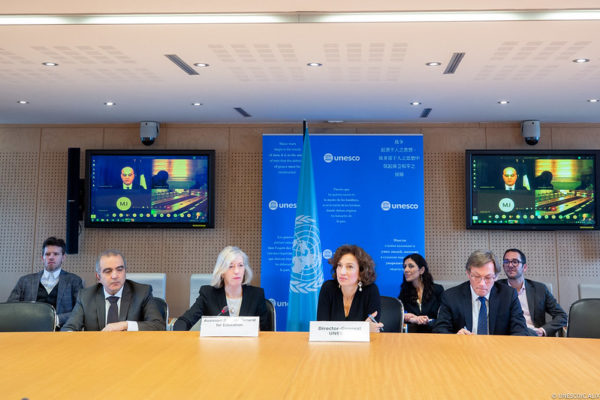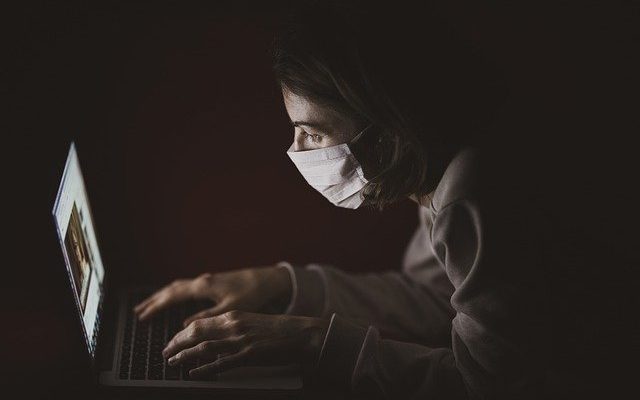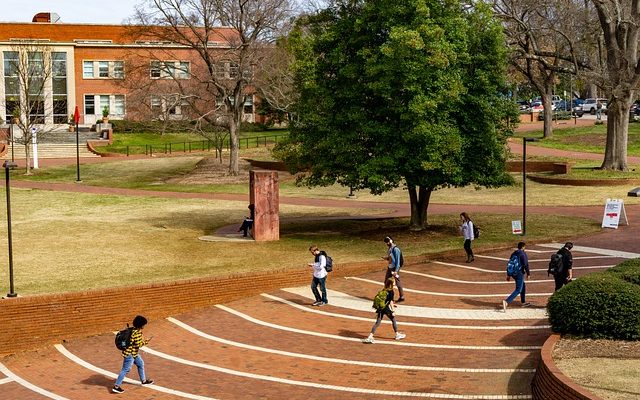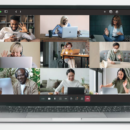“One Caribbean” Virtual Forum: Assessing the impact of COVID-19 designing the future of the Caribbean University Sector
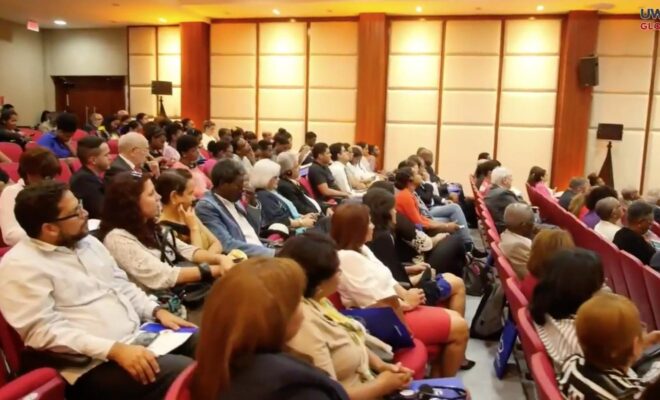

In light of the Coronavirus (COVID-19) pandemic that is currently affecting the world, Universities Caribbean (formerly UNICA), the Association of Caribbean Universities and Research Institutes, stands in solidarity with the Caribbean university sector, which has been severely impacted, more so with the wide scale closure of institutions, in an effort to help our countries contain the spread of this virus. In a region characterized by its lack of resources, higher education institutions (HEIs) are struggling to find the appropriate solutions to respond to emerging problems while maximizing opportunities and building on existing partnerships.
Universities Caribbean has conducted a survey across its Membership and other HEIs in the region to evaluate the impact of the COVID-19 crisis on students and academic staff mobility, access to classes/campus, and extent of disruption of teaching, learning and research. This survey has allowed the Association to gather data about the extent to which Caribbean universities have been affected by the current health, social and economic situation.
In this regard and in order to present the results of the survey, the Universities Caribbean launched “One Caribbean” Virtual Forum: Assessing the impact of COVID-19 designing the future of the Caribbean University Sector. Its objectives were:
- To assess the impacts of COVID-19 on universities of the wider Caribbean region and societies at large and envision strategies to mitigate these impacts.
- To discuss the future of the Caribbean university sector through sharing approaches, best practices, joint initiatives, funding opportunities, and partnerships to face the crisis at hand.
The panelist were: Dr. Myriam Moïse, Secretary-General of Universities Caribbean and Associate Professor, Université des Antilles (Martinique & Guadeloupe); Professor Sir Hilary Beckles, President of Universities Caribbean and Vice-Chancellor of the University of the West Indies (The UWI); Ing. José Armando Tavarez, Vice President of InterAmerican Organization for Higher Education (IOHE) and President of Las Americas Institute of Technology (ITLA), Dominican Republic; Dr. Óscar Domínguez González, Executive Director of the Association of Colombian Universities (ASCUN); Professor Saulo Neiva, Director of Caribbean Region, Agence Universitaire de la Francophonie (AUF); Elizabeth Colucci, OBREAL Adviser (Global Observatory), EU-LAC Focus Network and Project Expert for the European University Association (EUA); José Antonio Quinteiro, Program Coordinator, UNESCO International Institute for Higher Education in Latin America and the Caribbean (UNESCO-IESALC); and Dr Francis Delanoy, Vice-President for Partnerships and Outreach, Universities Caribbean and Rector Magnificus of the University of Curaçao.
Watch the webinar on UWI TV.
Assessing the impact of COVID-19 designing the future of the Caribbean University Sector
Presented by Myriam Moïse (Universities Caribbean / Université des Antilles), the moderator; who gave welcoming remarks to the audience. Professor Sir Hilary Beckles followed (Universities Caribbean / The UWI) describing how the Caribbean as the most fragmented part of the world is constantly dealing with devastation and chronic diseases and how universities are involved in these scenarios as vulnerable institutions within the contexts of economic budges cut. In this emergency scenario universities have had to transit to emergency online learning with a significant number of students unable to connect, and with professors with the same to deliver. The question is how to reopen the universities having in mind that we have the lowest enrollment rate of the hemisphere, 25% of HE students versus 45% of the hemisphere. “There is a threat to universities and we have to be very careful to create even a higher decline on higher education”, he said.
Ing. José Armando Tavarez (IOHE / ITLA) mentioned the importance of innovation and the new business models and the opportunities that bring the crisis of the COVID-19 allowing for challenges but also opportunities. He mentioned that the Dominican Republic has organized 6 phases for the reopening, also naming the initiatives of collaborative plans among the Dominican government and organizations implemented during the current semester.
Óscar Domínguez González (ASCUN) presented the construction of university thought in Colombia, based on social responsibility and the integration of the academic community for the dialogue with the State and society, and how this has served to confront this new commitment to work with students for the change in learning and with teachers on changes in teaching, as well as with administrative staff. The great challenge it poses is how to ensure the financial sustainability of HEIs in public and private higher education. It claims the role of the associative to integrate national and regional academic communities
Hilligje van’t Land, IAU Secretary-General of the International Association of Universities presented the result of the Global Survey on the Impact of COVID-19 on HE around the world conducted in 111 countries and territories. The survey looked at enrollment, partnership, and the impacts on e-learning, concluding that almost all HEIs have been affected by impacting students, professors, and the administrative sector. There is a need to convince students that HE is worth it and that they should enroll to address the challenges that they will face in the future. There is a very high risk of growing inequalities, a concern about the future of the staff, about the teaching quality of emergency teaching but, on the other hand, HEIs have been very innovative and resilient in their responses to play a key role at different levels in society, and are called to inform the governments and also allow them to show into the future that they are the stakeholders to be consulted as expertise in the face of this crises, to develop health, social and economic responses.
Elizabeth Colucci (OBREAL/ EUA); focused on the regional and multiregional impacts of COVID, emphasizing on the opportunities of cooperation in a new movement of internationalization. Now that the physical mobility has stopped, there will be a redefinition of mobility at least for the next year. Spoke about the democratization of internationalization to give more access, and also about training digital staff for more opportunities. In order to face all the challenges in this context called for a multiregional space as critical for reaching internationalization and stressed the “tremendous opportunity” that the Caribbean has to reposition its internationalization agenda and to brand the One Caribbean as a strategic multi-linguistic strategic partner in the global dialogue.
Professor Saulo Neiva (AUF); extended an invitation to think about the post-crisis to transform HE and accelerate technology teaching and increasing in partnership, to think about new solutions for the governance. It is necessary to consider the real conditions and habits of students through mobile learning and to transform digital education. This disruption is important to strengthen the partnership and a great opportunity to stand out thanks to innovation and creativity.
José Antonio Quinteiro (UNESCO-IESALC) reminded that UNESCO is committed to producing knowledge that informs the decision making process at a national and institutional level and that IESALC has recently released a report that anticipates a protocol of actions that HEI should keep in mind at the time to resume activities, always guaranteeing access to everyone with equal opportunities, and bearing in mind the motto “Leaving no one behind”. Another principle is that the resumptions of face to face activities are seen as opportunities to redefine the teaching and learning processes. The framework for the reopening proposed by the Institute estimates the continuity of the provision of the service in the context of the crisis, and the restructuring, which involves the internal reflection on the renewal of the teaching and learning model to maximize face to face classes.
When: Wednesday, May 27, 2020
Time: 10:00h (Jamaica time)
Language: English
Read the full document of the Universities Caribbean and the Webinar Agenda.
Picture courtesy of UWI TV.
RELATED ITEMS
